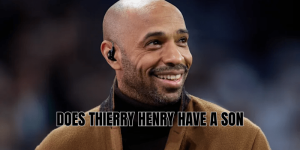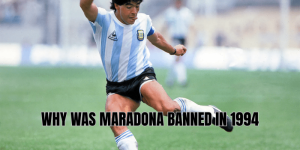Fans have asked a simple yet weighty question: did Zidane win the Ballon d’Or? The short answer is yes — and the story behind that win is woven with drama, peak moments, and the sheer brilliance of a midfield artist. In this article, TigerKick steps onto the field to trace when Zidane earned this coveted title, how it shaped his legacy, and where it stands among his many accolades.
A Glorious Career Before the Award
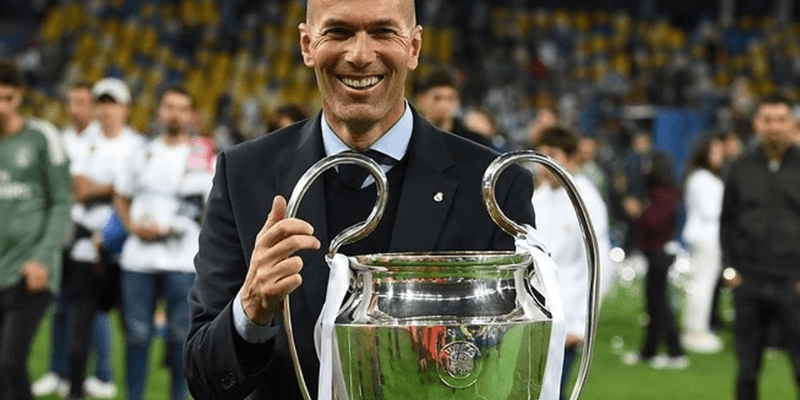
Before the Ballon d’Or was in his trophy cabinet, Zidane had already carved a destiny. By the late 1990s, he had become a linchpin for club and country:
- After a breakout spell at Bordeaux, his 1996 move to Juventus turned heads.
- In Turin, he delivered in Serie A and European nights, earning accolades and respect.
- With France, he was central to their rise — his magic in midfield earned him a reputation as a generational talent.
His performances were not just flashes of flair; they were consistent, decisive, and memorable. Yet, despite such status, he went into the 1998 season without the Ballon d’Or title to his name.
The 1998 Ballon d’Or: When Zidane Broke Through
World Cup heroics + club excellence
The year 1998 would belong to Zidane. He delivered two of the most iconic goals in World Cup final history — both headers against Brazil — leading France to its first-ever world title. His composure, elegance, and capacity to step up on the biggest stage elevated him above the rest. Meanwhile, at Juventus, he remained a consistent contributor, combining club success with international triumph.
The vote, the victory, the legacy
On December 22, 1998, the Ballon d’Or jury named Zinedine Zidane as the winner, making him the European—and global—player of the year. He amassed 244 points in the voting, outstripping Davor Šuker and Ronaldo. That win cemented his place among football’s immortals.
Though he never won the Ballon d’Or again, that singular golden moment remains one of the pillars of his legacy.
Did He Win It Multiple Times?
This is where many need clarification. Some sources suggest Zidane earned the Ballon d’Or multiple times — citing years like 2000 or 2003 — but reliable historical records show that his only official Ballon d’Or win came in 1998.
He did finish high in voting in other years:
- In 2000, he was a strong runner-up.
- In 2003, he earned recognition in awards like FIFA World Player of the Year, but not the Ballon d’Or itself.
Thus, the claim of multiple Ballon d’Ors is a misunderstanding. The solitary 1998 award stands alone, but it’s enough — it immortalized Zidane among the elite.
Why Only Once? The Case for More
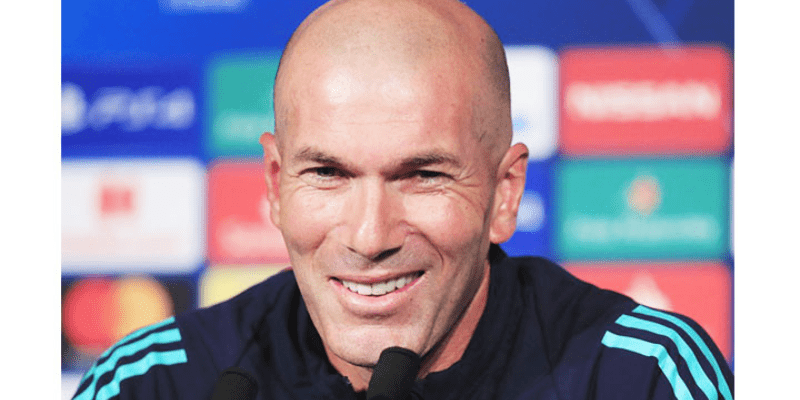
Why didn’t Zidane rack up more Ballons? A few threads help explain:
- Peak alignment: 1998 was rare — club success, World Cup glory, and individual artistry all synced. Repeating that balance is rare.
- Competition: In the early 2000s, the landscape shifted. Players like Rivaldo, Figo, Ronaldo, later Ronaldinho, Messi, and Cristiano Ronaldo vied fiercely for the top spot.
- Tactical role: Zidane’s brilliance was often subtle — controlling tempo, creating space, linking play. Voters often favor goal scorers or dazzling forwards more heavily.
- Injury and consistency: There were seasons when he was not fully fit or not dominating every match, making it harder to maintain that top-level narrative voters crave.
In short: one perfect year crowned him; time and circumstances kept further wins at bay.
The 1998 Ballon d’Or in Retrospect
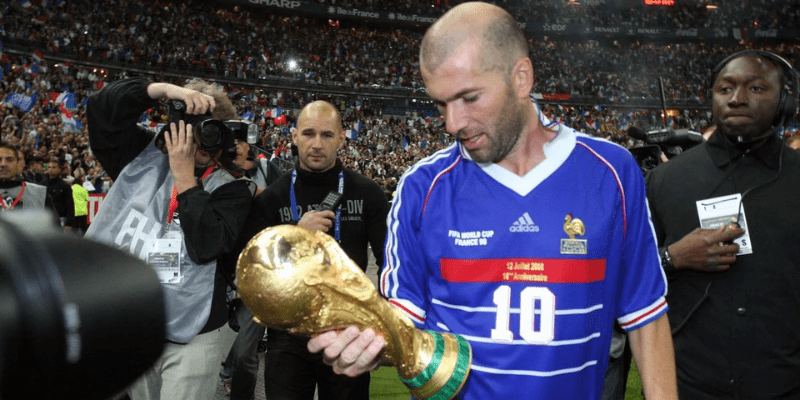
That win is more than just a medal in his cabinet:
- It validated a legacy: to be world’s best in a year with a World Cup win is rare.
- It aligned with national pride: French football history shifted that summer, and Zidane was the hero.
- It resonates with fans: the brilliance of Zidane in that period still evokes awe, whether in Juventus white, France blue, or in footage on YouTube.
In many ways, the award was less about recognition than a consummation of what the world had already decided: he was among the best of all time.
Zidane’s Legacy Beyond the Ballon d’Or
Winning the Ballon d’Or is a glittering badge — but Zidane’s legacy is built on far more:
- Trophies: World Cup champion (1998), European Championship winner (2000), multiple league titles, Champions League winner as a manager.
- Awards: He earned FIFA World Player of the Year (1998, 2000, 2003), UEFA honors, various domestic accolade lists.
- Coaching: As Real Madrid’s coach, he became one of few to win three consecutive Champions Leagues.
- Cultural impact: His silky touch, audacious flicks, and cool temperament made him an icon — a role model for midfield maestros to come.
So even with just one official Ballon d’Or, his tombstone in football lore is carved.
Final Thoughts
Did Zidane win the Ballon d’Or? Yes — in 1998, and that one win remains a defining moment of his storied career. While he never collected multiple Ballons, he earned places near the top in several seasons and won numerous other global honors.
If you’re curious about the most deserving Ballon d’Or winners across history, or how the voting mechanics have evolved — TigerKick is ready to dive dee, or comparisons of Ballon winners through the decades? Just say the word.


